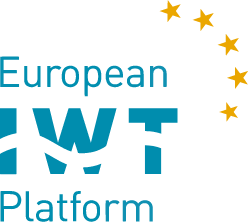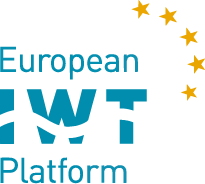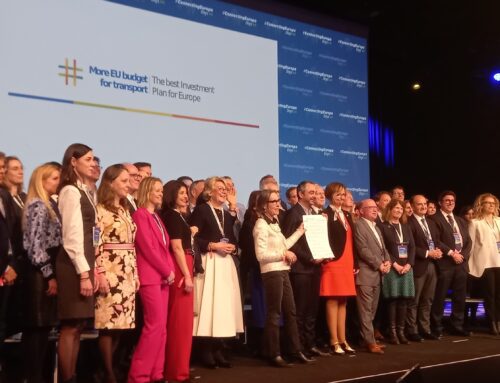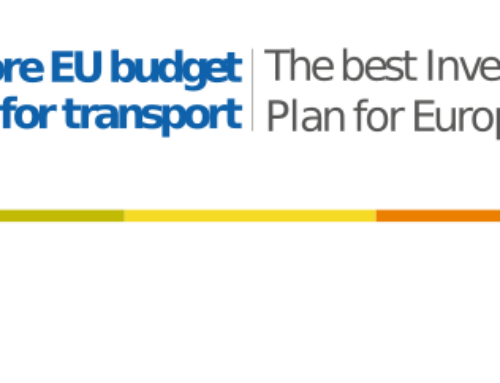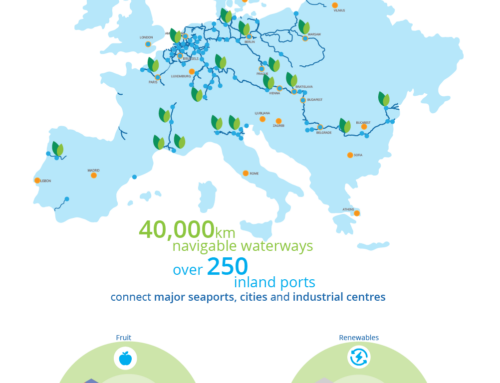Following Phase 1 of the study on human factors root causes of accidents in inland navigation, a conclusion was reached that human factors account for about 70-80% of these accidents. The European inland shipping industry organizations, united in the European IWT Platform, have commissioned research agency Intergo to conduct a Phase 2 of the study for more in-depth examination. IVR was also involved in the study. Following the publication of the Phase 2a report earlier in November 2021, the results and recommendations of the Phase 2b have now been published.
The number of inland shipping accidents and damage claims has been increasing every year since 2014. Also the value of claims for compensation is rising. An additional motivation for the study was expressed by Paul Goris, president of the IWT Platform: “The Inland Waterway Transport sector is on the eve of a major transition in terms of sustainability and digitalisation. This requires further development of standards and certain safety requirements.”
Rationale
As a result of the research Phase 1 – based on data and expert analysis – several factors were identified that contribute to the accidents. As a follow-up, two separate studies were requested:
– Phase 2a: Human-machine interface and wheelhouse design.
In November 2021, Intergo has delivered the Phase 2a report, presenting three main factors related to an inadequate Human-System-Integration: wheelhouse design, human-machine interface (HMI), and current and future levels of automation. You can read here more about its main findings, recommendations and next steps.
– Phase 2b: Further investigation into four most plausible accident causes.
The report that Intergo has now delivered covers Phase 2b. It is an in-depth study of four main factors that relate to the root cause of organisational aspects:
– Communication,
– Qualification of crew members,
– Fatigue and stress,
– Specific waterway situations.
Both studies in Phase 2 are based on the international questionnaire for skippers and inland shipping industry (in total: 85 respondents), followed by 10 visits on the selected vessels that included interviews and observations to obtain a comprehensive overview of the organisation on-board. Both older and newer vessels of different sizes have been visited. Also, a comparison with other transport sectors, like rail and aviation, is made to see how standards, regulations, and guidelines are used to build an effective and safe work environment.
Results
- Communication
The questionnaire conducted has showed that the vast majority of respondents – 96%, believe that inadequate or poor-quality communication with other waterway users is an important cause of waterway accidents. As learnt in the course of conducting the entire study, there can be a number of various communication issues between ships, e.g. limited use of standard communication protocols and phraseology, plus limited command of a shared common language, which is related to the increasing internationalisation of personnel. All those, together with a high adoption of automation, can contribute to a false sense of safety resulting in (potential) errors and accidents.
- Qualification of crew members
A crucial observation made is related to a need for a life-long personal development since limited skills of staff and crew can contribute to accidents. Life-long personal development, including periodical retraining, so far is not conventional across the sector. A large proportion of the respondents – 94%, marked that limited skills on-board are an important cause of accidents, mentioning especially a lack of experience and craftmanship of new boatmasters. There are various preferences for acceptable clearances above the vessel or under the keel. Unlike other transport sectors, there is no periodical retraining of technical and non-technical skills. Company culture together with on-board culture, which are related to resilient strategic and operational management in the IWT ecosystem, influence communication, planning, experienced stress and fatigue on-board and thus influence operational risks and safety.
- Fatigue and stress
From the data and expert analysis – Part 1 of this study – it was concluded that fatigue in itself or as contributory factor is involved in many accidents. The Sailing for Excellence focus group explicitly demanded attention to organisational culture. The role of barging operators, planning, situation at terminals, administrative processes, and journey preparation may cause a high operational pressure that increases workload, distraction and possibly fatigue of boatsmen. The questionnaire’s results confirmed the importance of fatigue and stress. Distraction by media is rated as main cause, followed by a sub-optimal work-sleep rhythm, multitasking, and doing too many tasks by the same person. Besides that, respondents mention the many working hours and external pressure as important causes.
Vessels and crew are part of a complex ecosystem, including terminals, ports, clients etc. The role of boatmasters is being emphasised for their end responsibility for safe navigation and boat operation. However, they have limited options when closing the supply-chain loop, facing delays, or changed plans. This puts pressure on the crew and can lead to unintentional concessions in operational risks including safety, like proper journey planning, sailing under challenging conditions or suboptimal work-rest schemes.
- Specific waterway situations
Specific waterways situation refers to aspects in the infrastructure and sailing area and navigating in weather/ cruising conditions that might create a risk for accidents in inland navigation. Last but not least, those are believed to contribute – to a lesser extent – to accidents, e.g. due to limited familiarity with the sailing area and infrastructure ‘en route’ (91%) and pressure to sail in bad weather/cruising conditions (76%). In practice, the boatmasters experience difficulties in having easy access to reliable information, such as actual water levels.
Recommendations
The first recommendation from the Intergo report is to update and improve protocols and guidelines on VHF communication in inland navigation, including incorporating a shift to one shared nautical language across the IWT ecosystem. The second recommendation is to develop an integral vision on life-long personal development for crew members especially on management/ entrepreneuring and non-technical skills. Apprentices should be supervised more while sailing and more practice should be integrated in education. The third recommendation is to explore possibilities to distribute responsibility of time-bound operations across the IWT ecosystem in a more closed supply-chain loop. The fourth recommendation is to develop a shared vision of the helmsman’s position and on the minimum requirements of information and automation needed on such a position, including route planning, minimum safe clearance conventions, but also the use of non-task related systems, like personal social media and TV. Lastly, the fifth recommendation is resonating from Phase 1: to develop a central database of European inland navigation that includes clear definitions and overall information, allowing to learn from accidents and to prevent them from happening again in the future. Recommendations may be combined.
The research has been summarised in a technical leaflet that concisely presents its most important aspects.
What’s next?
As previously stated in Phase 2a, the question of human factors root causes is not only about the technical standards and regulations, but also about the qualifications and skills of crew members, and the way how everything is organised on-board vessels and across parties in the sector. This has an impact on the overall communication and planning, thus also influencing operational risks and safety.
It is crucial that the recommendations from study Phase 2a (about HMI and wheelhouse design) and Phase 2b are followed up in an integrated manner. To put these recommendations into practice, Intergo recommends developing a roadmap that will involve all relevant IWT stakeholders, as the new guidelines should first of all be appealing to all parties involved.
Gerit Fietze, secretary of the IWT Platform, says: “This study will be an important contribution to future work. The knowledge gained from it will help us in the development of European manning regulations as well as in the general organisation of personnel. The results of phase 2b should help to make the sector even safer and more attractive for young people entering the sector.”
